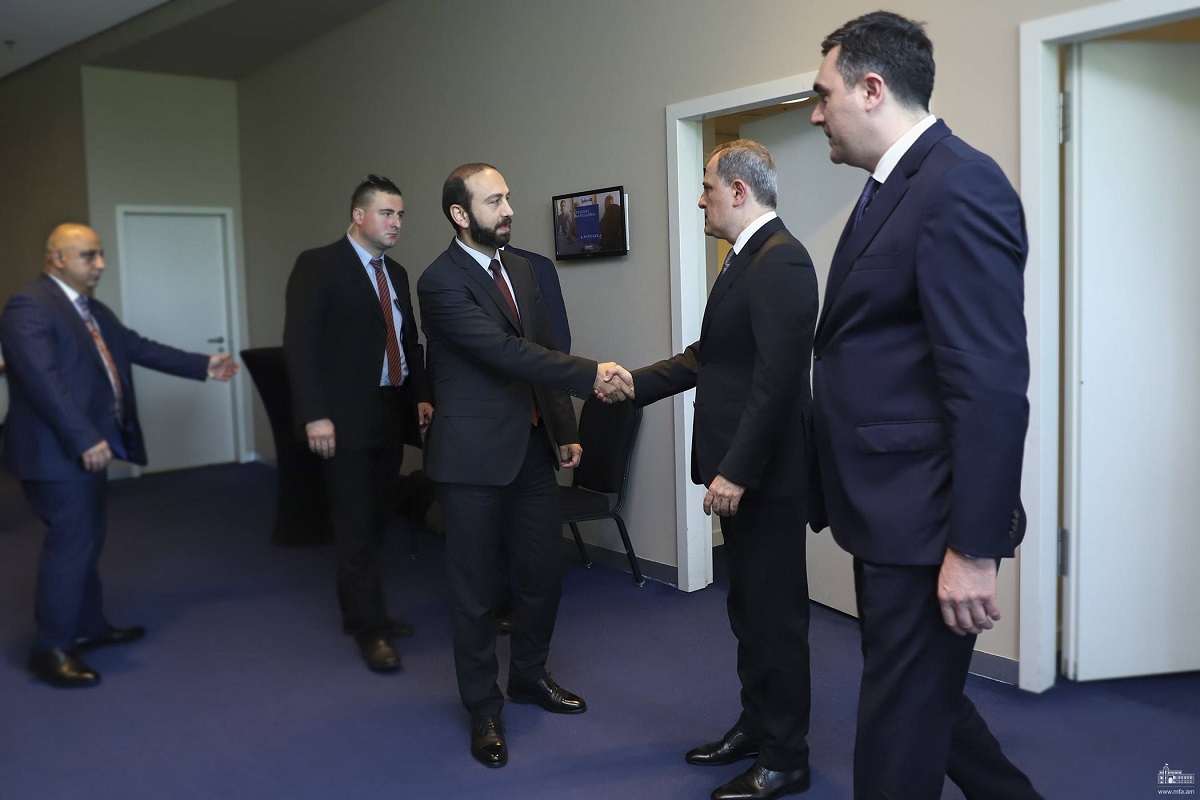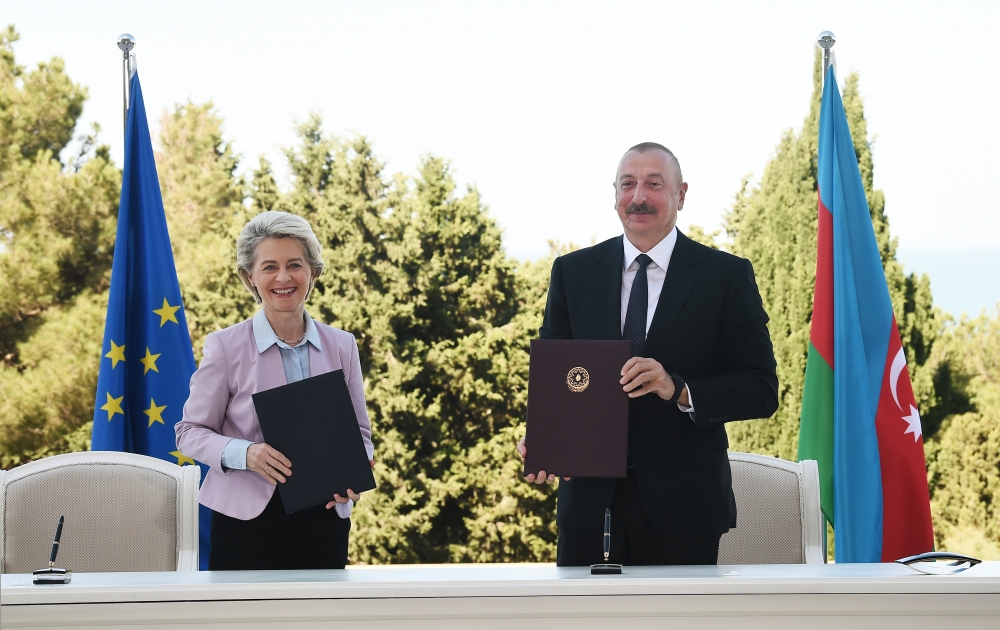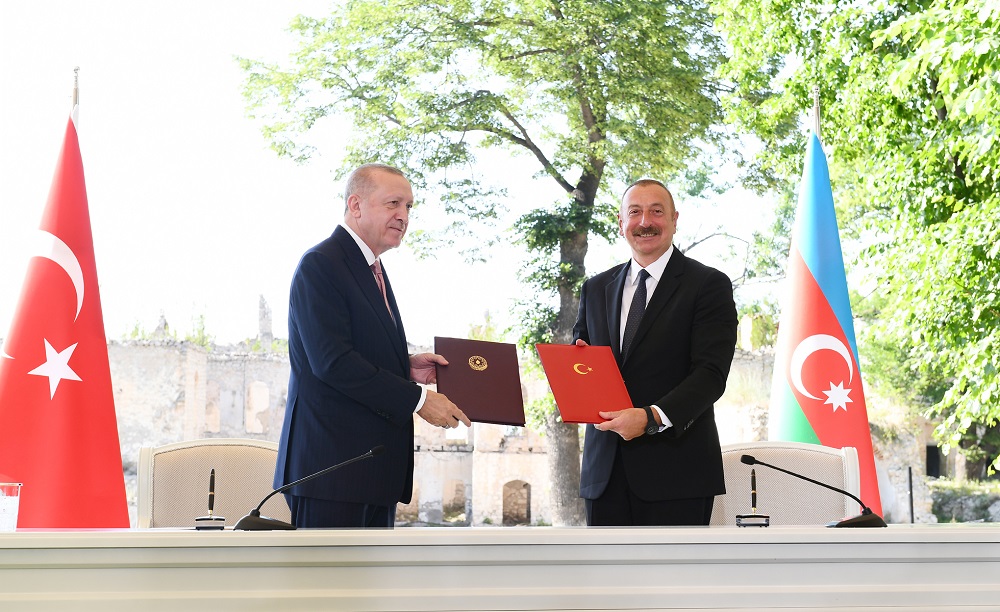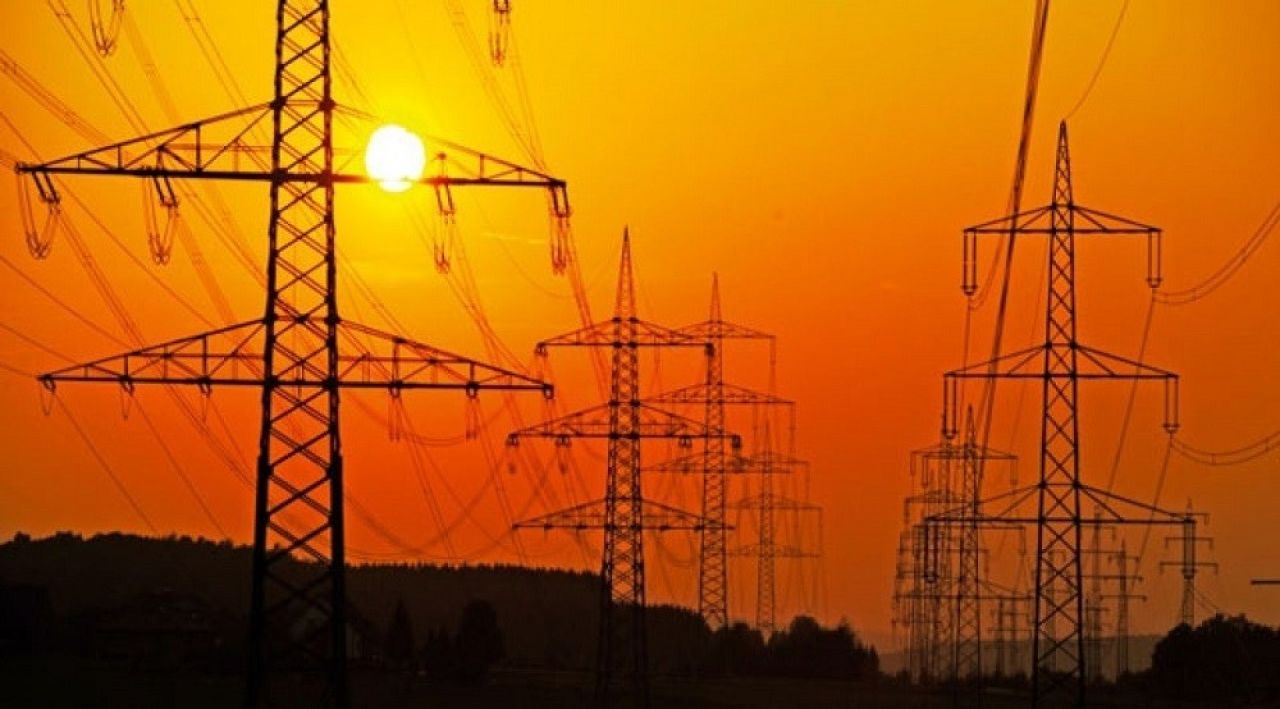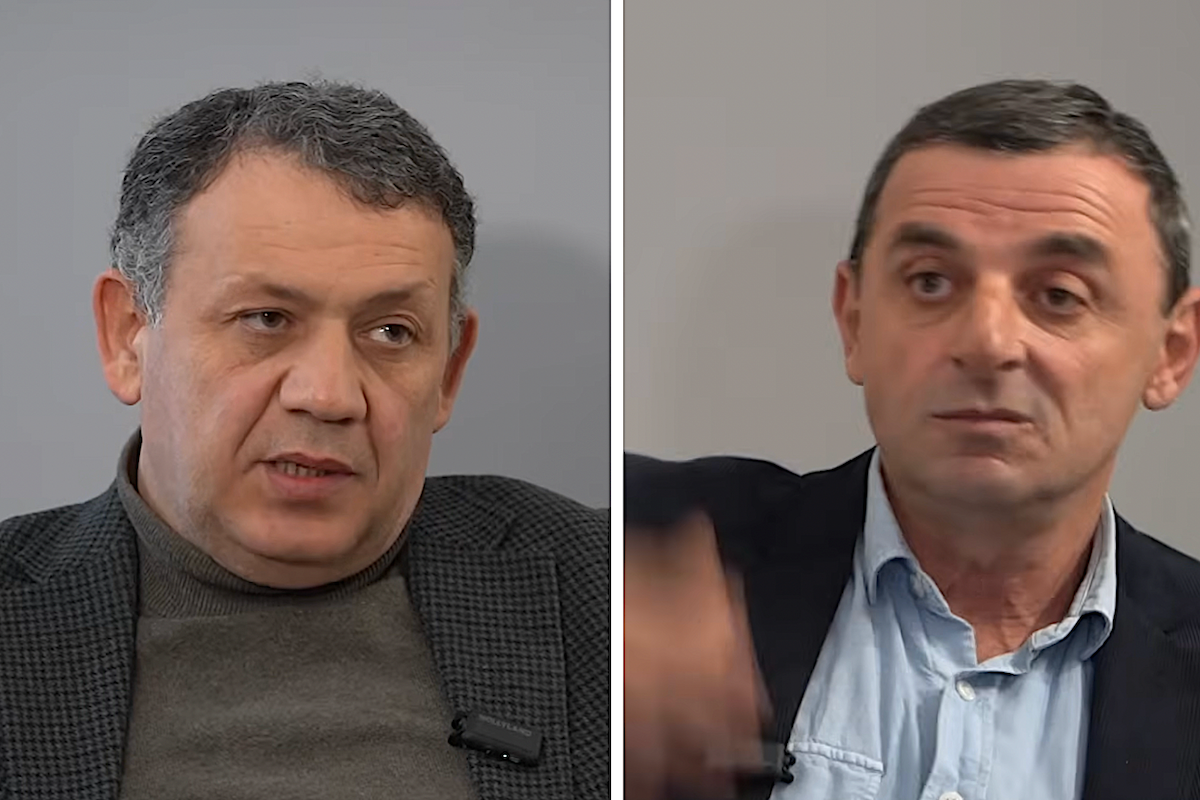What is the US after from Azerbaijan and Armenia? – comments from Baku
In a telephone conversation with Ilham Aliyev, the US Secretary of State Antony Blinken focused on Azerbaijan‘s energy ties with the European Union, also noting the importance of opening communications in the region. The head of the State Department discussed with Armenian Prime Minister Pashinyan the issue of normalizing Armenia‘s relations with Turkey and Azerbaijan. According to Azerbaijani political scientist Turan Rzayev, Blinken’s calls to Aliyev and Pashinyan on the same day have attracted some attention.
- Bombshell interview with Azerbaijani expert: “The threat of war is clear.”
- Work for the Karabakh war participants: Armenian government program
- “We must give the territory to Moscow, or it will turn its back on Abkhazia” — Bzhaniya
What happened?
United States Secretary of State Anthony Blinken held phone conversations with Azerbaijani President Ilham Aliyev and Armenian Prime Minister Nikol Pashinyan.
“Yes, there have been several such calls from Blinken over the past year, but his calls to the leaders of both countries on the same day is noteworthy,” Azerbaijani political scientist Turan Rzayev said.
“After the 44-day war, Washington’s attention to the South Caucasus, and more precisely to Azerbaijan and Armenia, has increased dramatically. This is a significant dimension of the ongoing occupation war of Russia in Ukraine,” the expert noted.
“Different US interests in Armenia and Azerbaijan were touched upon during Blinken’s conversations with Aliyev and Pashinyan,” he added.
What was discussed?
“For example, according to information from Yerevan, in conversation between the US Secretary of State and the Prime Minister of Armenia, issues pertaining to the regulation the relations of Armenia with Azerbaijan and Turkey were discussed.
“And in conversation with Aliyev, Blinken talked about the importance of the energy memorandum signed between Azerbaijan and the European Commission.
“Blinken also drew attention to the need to open up transport and communication links between Armenia and Azerbaijan, and expressed his readiness to provide technical assistance in resolving this issue,” Rzayev stressed.
What is the US up to?
According to the political scientist, the United States is currently interested in normalizing relations between Armenia and Turkey in the context of providing Europe with energy from Azerbaijan.
“Washington understands that Azerbaijan is Ankara’s red line,” he said. Now the US is trying to pull Armenia out of the Kremlin’s orbit and integrate it with the West. For this, the normalization of relations between Yerevan and Ankara is of utmost importance.”
Turkey’s “Red Line”
“In principle, Yerevan agrees to the normalization of relations between Armenia and Turkey. As for Turkey, it puts the ball half-way in Azerbaijan’s court. For example, Turkish President Recep Tayyip Erdogan noted in his speech the day prior that Ankara is developing relations with Armenia, and coordinating all points with Azerbaijan.
“From the very beginning, Azerbaijan was our red line. After the resolution of the Azerbaijani issue, we said that we were opening our doors. In the process of normalizing relations with Armenia, we are pursuing a serious and confident policy,” he said.
“As is evident, Turkey traditionally adheres to the interests of Azerbaijan in this matter. But what Erdogan said about opening the doors after the resolution of the Azerbaijani issue underlines Ankara’s interest in this process,” Rzayev commented.
“The United States is engaged in imitation in this matter”
Rzayev noted that two points in Blinken’s telephone conversation with Aliyev were salient:
“First, the United States expressed its readiness to provide technical assistance in the opening of transport and communications links between Armenia and Azerbaijan. I think that Washington’s assistance in this matter goes only as far as normalizing relations between the countries of the South Caucasus. For the States, it is important to end the tension in the region and normalize the situation. The details of these issues, for example the opening of the Zangezur corridor, are not in Washington’s purview.
The United States feigns its interest in this issue with the expression “opening transport and communication links.” In other words, the White House wants to open ties, but whether it will be in the form of a corridor or not, it doesn’t care.
Secondly, during the conversation Blinken noted the importance of the energy memorandum between Azerbaijan and the European Union. It is clear that the US and the EU intend to get rid of Russian gas imports within the next five years. So contacts with alternative sources from other countries have increased. Azerbaijan is among those.”
According to the expert, in order to increase the export of Azerbaijani gas to Europe, Washington can provide material assistance to increase the volume of gas pipelines and invest in new energy projects.










